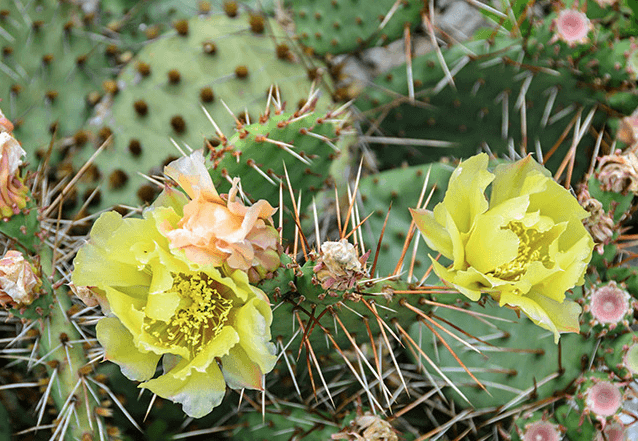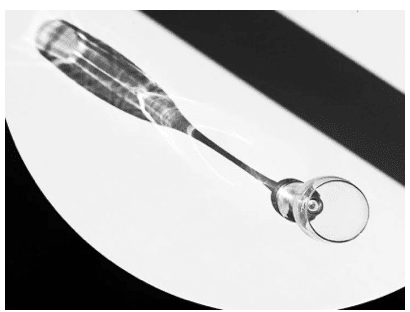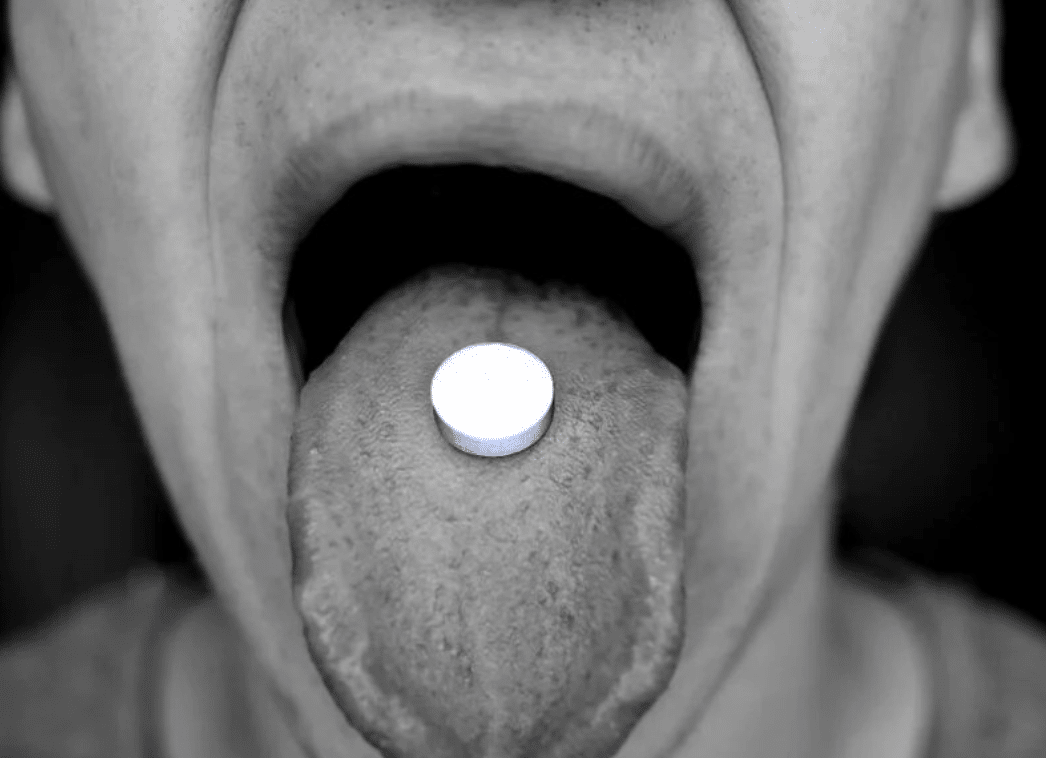a cactus common in Korea. In a study published in the journal BMC Complementary and Alternative Medicine, researchers in Korea wanted to determine if the cactus extract can alleviate loperamide-induced constipation in mice.
In Korea, some people drink the juice of eastern prickly pear by grinding it and adding water. It is popular for its functional properties and antioxidant effects. However, its effect on constipation has not been researched enough.
The study used four groups of mice: a control group, a constipation control group, a constipation group receiving three percent of eastern prickly pear extract in drinking water for 25 days, and a constipation group receiving six percent of eastern prickly pear extract in drinking water for 25 days. Constipation was induced by an injection of loperamide. Researchers used fecal parameters, such as the fecal pellet number and fecal water content, as indices of the effect of laxative agents on constipation.
Based on the results, the treatment of eastern prickly pear extracts significantly increased fecal output, which indicates that the cactus treatment reduced constipation in the loperamide-treated mice. According to the researchers, these results may be attributed to the dietary fiber content of the cactus. Dietary fiber has been found to be beneficial for various health conditions, such as gastrointestinal problems, hypertension, diabetes, obesity, hyperlipidemia, and immune function.
In addition, mice treated with eastern prickly pear extract exhibited improved gastrointestinal transit and short-fatty acids content. The researchers explained that the eastern prickly pear extract was fermented by colonic bacteria and might have increased the population of good gut bacteria. At the same time, the treatment alleviated constipation and improved the bowel environment. Because of these, it is believed that eastern prickly pear extract could be used as a prebiotic. Moreover, the cactus extract also improved the mucus content in epithelial cells of the loperamide-induced rats. This means that treatment with the cactus extract improves constipation by changing the intestinal environment, such as the completeness of the intestinal epithelium and therapy of a disturbed mucosal barrier.
100% organic essential oil sets now available for your home and personal care, including Rosemary, Oregano, Eucalyptus, Tea Tree, Clary Sage and more, all 100% organic and laboratory tested for safety. A multitude of uses, from stress reduction to topical first aid. See the complete listing here, and help support this news site.
Based on the findings of the study, researchers deduced that ingestion of eastern prickly pear extract can be used as a natural treatment for constipation.
Constipation and its other treatments
In constipation, the individual has a hard time expelling hard feces. It may occur due to not eating enough fiber, not drinking enough water, certain medicines, or an underlying medical problem. Fortunately, there are natural ways to treat constipation. Here are other natural remedies you can use to treat constipation:
- Castor oil – This yellow-colored liquid can be used for constipation due to its laxative property. However, since it takes effect rapidly, it should not be taken at bedtime. One can take it with with a sweetener like orange juice to weaken its bad taste.
- Fiber-rich foods – Fiber can be found in fruits, vegetables, and whole grains. Consume about 20 to 35 grams (g) per day to relieve constipation. Just be sure to drink plenty of water when consuming fiber to help move it through the digestive system.
- Fish oil – Fish oil is rich in omega-3 fatty acids that can help manage symptoms of constipation. Fish oil can be found in cold-water fish such as salmon, mackerel, halibut, sardines, tuna, and herring.
- Herbs – There are many herbs that are proven natural laxatives. In fact, they are categorized into two — bulk-forming herbal laxatives, which include barley, flaxseed, and fenugreek, and stimulant laxatives, which include aloe, Cascara sagrada, and senna.
- Probiotics – Probiotics are the gut bacteria that promote digestion. They are available in supplement form and some foods, such as yogurt
How many pounds have you lost this month? At Dieta Efectiva you can lose 10-12 lbs your first week and 2-5 lbs every week after. Visit us dietaefectiva.netto learn more about our program.







